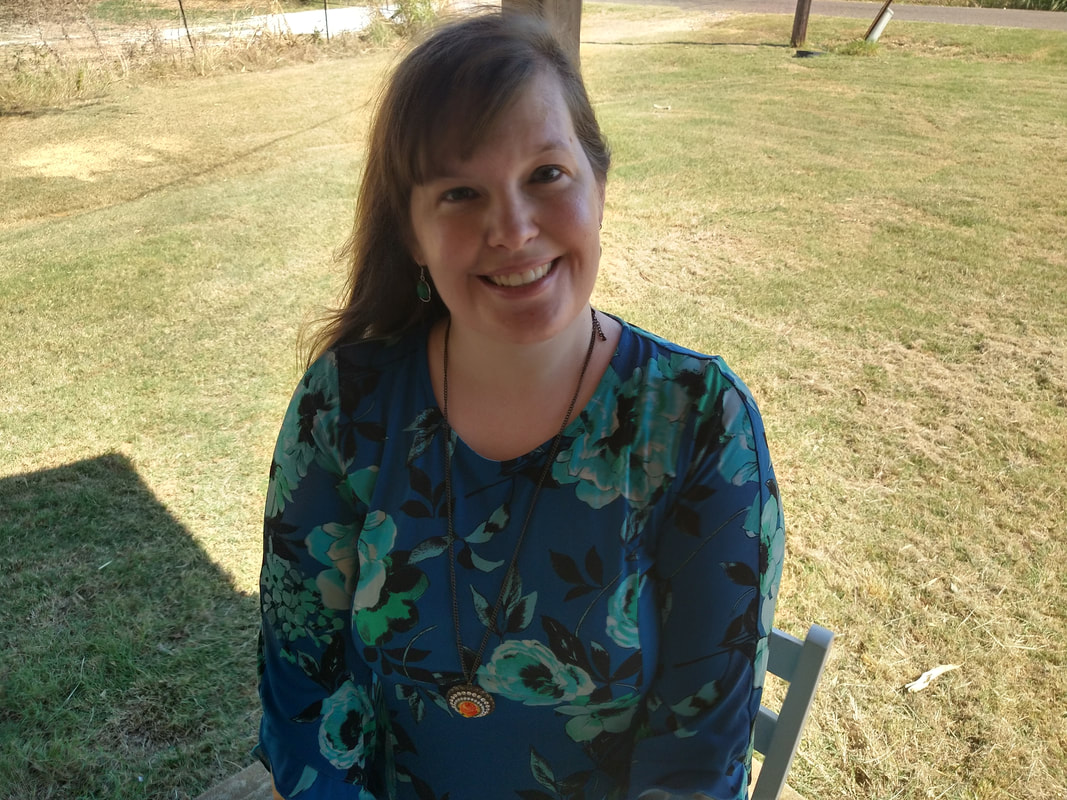|
When I listened to a lot of advice from other writers, I rapidly learned that most were myopic and vague. They only saw what worked for them specifically, and immediately recommended it to others.
"FB ads have brought me loads of readers,” “Twitter works so much better than Goodreads,” “these promotion sites give back the most downloads,” “you need to offer free things on your site,” “Book Bub is an amazing alternative dimension of great sales.” “WRITE BOOKS IN MY GENRE.” “Book Bub always rejects me, I think I’ll look elsewhere,” “I’m all about LibraryThing’s giveaways,” “newsletters, newsletters, newsletters. Great authors have strategies to utilize this POWERFUL tool, the newsletter, and you should too,” “I hate Amazon.” “I love Amazon.” “I published with a site other than Amazon.” “I’ve had great success with podcasts.” “AUDIOBOOKS.” “Keep up a courtesy blog every couple of months so people know you’re alive.” “Blog daily.” “INSTAGRAM.” And in the midst of all buzz, I’ve found only one thing that worked for me—follow your heart. In this deeply commercialized writing world, I found a lack of clarity about who the readers actually are. The goal is to be the same as some other author you view as successful. When the truth is that authors are individuals. They are thinking about what their readers are thinking about. Finding your path is about finding your readers, who may or may not be on Instagram. Or Twitter. Or be interested in podcasts. Or audiobooks. Or book conventions. Maybe they never read blogs. Or maybe they love using a site in an unexpected way, like getting a feel for an author’s personality on Goodreads instead of using it for books. Whatever your readers are thinking about, that is what you should think about. There’s no use going to lots of FB groups if your readers hate them and would never hang out there. It’s pointless going wide on ebook sales if your readers only download from Kindle. Do your readers want paperbacks and hardbacks? If they don’t, don’t bother buying author copies that will lie around in your house. EVEN IF OTHER PEOPLE DO IT. Follow your heart. What would you do? It’s what your readers do. And there will be more updates. Although I'm planning to focus on other projects for the time being, I did do a mild tweak to Bellevere that pared it down just a hair and removed the contemporary version as not necessary. I'm still working with the cover and I will do a brief post on Faye, because I think people were surprised by the way I showed this character. Not as different from Jane Austen’s Fanny Price, because remakes often try to make her less shy and less forgiving. But because I showed her in a particular way.
There is no hidden story beneath what I did in Bellevere. Faye is not intended to support a subversive, disobedient attitude that pretends friendliness, but is actually hostile. (In contrast to the original Fanny Price. And to the rest of the VJA, in which authority and older people were always obeyed and shown very favorably.) I felt that what makes Fanny Price different from Austen’s other heroines is not her dependent social position—more than any of them have—but her approach to it. She is loyal, passive, and accepting of most things in her life. I wanted to make Fanny like the rest of her heroines and show the social situation wasn’t what caused the blip of Fanny Price—it was the author’s decision to show a specific personality. Fanny could easily have been just like her other heroines. But a lot of people come to Mansfield Park with issues of authority in mind. They believe Fanny is a person who lives under authority of her aunt and uncle and that Sir Thomas is an authoritarian, landowning man who also treats his children this way. In contrast, Faye is always very detached and clearly views herself as superior to those around her, so much so she is actually tolerant of them. Readers who are interested in Mansfield Park because they think it upholds a staid, authority-driven local structure—being inroaded by the Crawfords sexual honesty--might imagine I was attacking authority and using Faye to do it. In reality, Faye doesn’t care about that at all. She is intelligent, can be cutting or cynical at times, enjoys socializing but keeps aloof in a way—like most of Austen’s heroines. And the story I wrote is nothing but a bubbly surface of fun, a little cynicism, and a party of shallow young people that we’re all too cheerful to hate. A formula that isn’t entirely unfamiliar either when speaking of Jane Austen. So perhaps Bellevere in the end wasn’t a remake or a retelling. It was its own story, a different book from Mansfield Park. It deserves to be read as that, for what it is, rather than through a lens of seeing nonexistent undercurrents from the original book or the several movie adaptations. But it wasn’t read that way and by now I don’t care if it was. I just want to clarify what I believed was in the story. And there will be more updates. |

Young Adult Fiction Author
Sarah ScheeleJoin the newsletter below! This signup has no reader magnets attached but I am preparing a freebie to be offered as part of the welcome email in the near future.
Categories
All
Check out my list of Top 5 Best Children's Adventure Books About Family and Exploring I've Recommended on Shepherd.com!
Archives
June 2023
|

